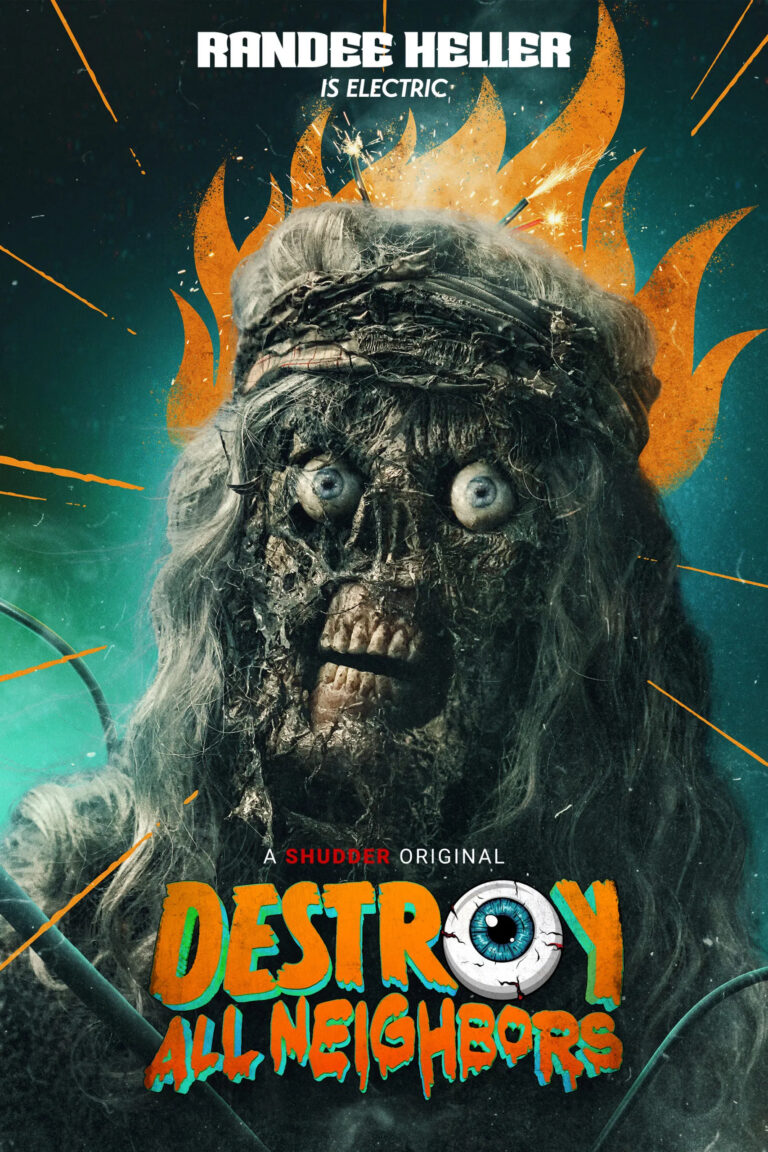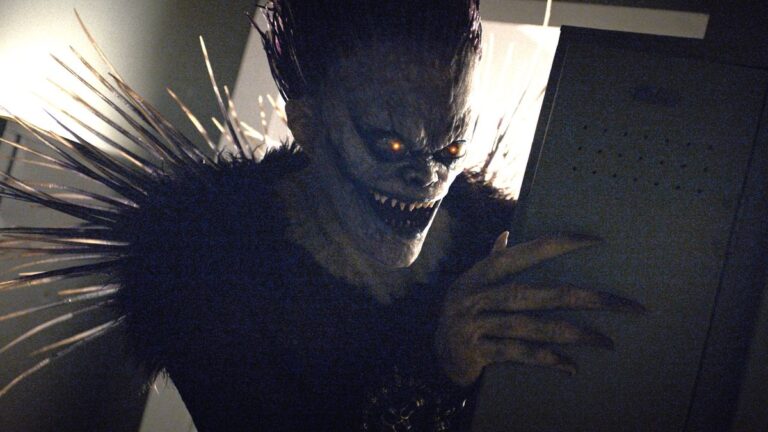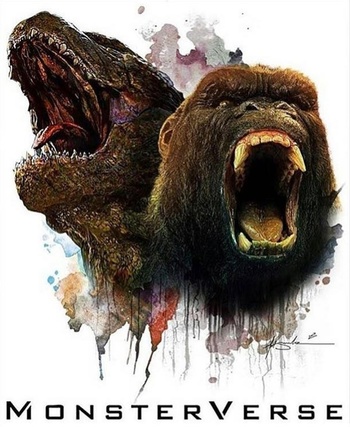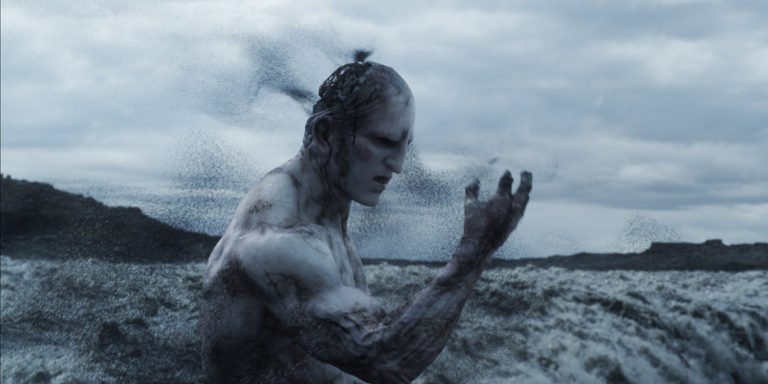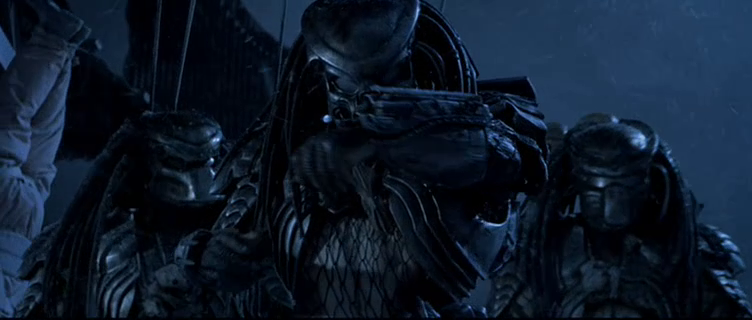It’s mid-December, so that means another count-down of my favourite movie posters of the past year! In...
aliens
Rounding out this new series of favourite and least favourite media, we have my list of the...
25. Heat (1995) “Epic” is one of those terms that can get thrown around willy-nilly, but Michael...
When it comes to cinematic universes, we all know the story: Marvel’s only getting better as they...
So in the past week, there has been quite a bit of excitement after the discovery of...
So when I wasn’t playing the shit out of Battlefield 4 on PS4, the AVP Miniatures Game I’ve been talking...
